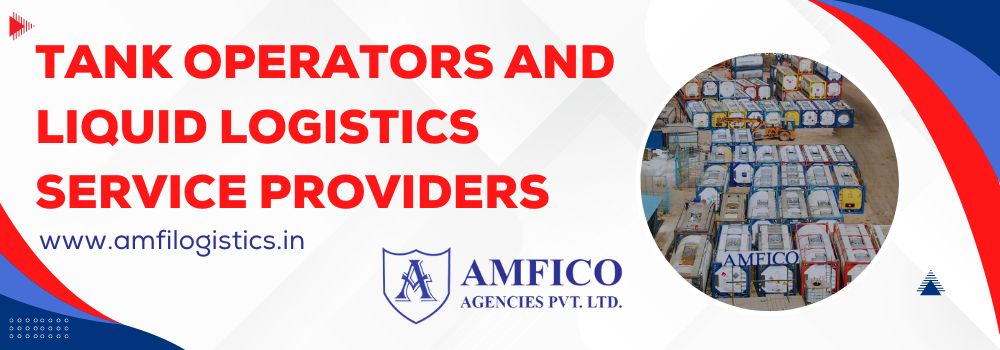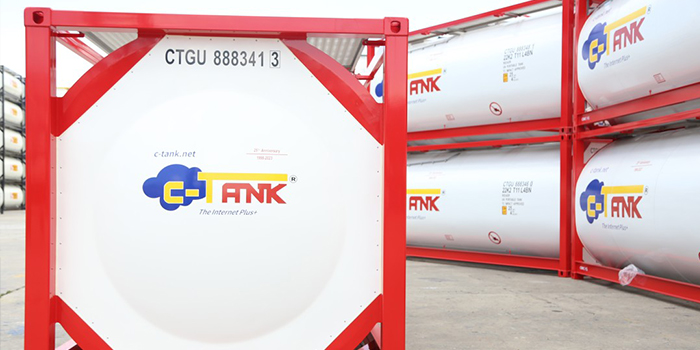C-Tank Global discusses how digitalisation is transforming liquid bulk chemical transportation
In the realm of global supply chains, the transportation of liquid bulk chemicals via tank containers stands as a crucial element. The safe, efficient, and timely delivery of these products is imperative for a multitude of industries, ranging from chemicals and pharmaceuticals to manufacturing and energy. Yet, traditional methods of managing tank container logistics were often mired in paper-based processes, rife with inefficiencies.
However, the tide is turning. Digitalisation is swiftly reshaping the landscape of liquid bulk chemical transportation, offering a myriad of benefits for both shippers and carriers. Let’s explore the impact of digitalization on this pivotal sector.
Enhanced Visibility and Real-time Tracking: Gone are the days of relying solely on phone calls and faxes for updates. Today, GPS tracking systems integrated with cloud-based platforms provide real-time visibility into the location and status of tank containers throughout their journey. This empowers stakeholders to anticipate potential delays, optimise routes, and ensure timely deliveries.
Imagine a scenario where a shipment of critical medical supplies is delayed. Digitalisation allows real-time monitoring of factors like temperature and pressure, enabling proactive intervention to safeguard the cargo’s integrity.
Streamlined Documentation and Improved Efficiency: Digitalisation eliminates the cumbersome paperwork that plagued traditional tank container logistics. Electronic documents, e-bills of lading, and online customs clearance processes expedite transactions and reduce administrative burdens. This translates to faster turnaround times, lower operational costs, and improved overall efficiency.
For instance, a leading chemical company implemented a digital platform to manage their entire tank container lifecycle. This resulted in a significant reduction in processing times for customs clearance, leading to faster cargo release and improved customer satisfaction.
Data-Driven Decision Making and Predictive Maintenance: The vast amount of data generated through digital solutions offers invaluable insights for optimising operations. By analysing historical data on routes, container utilisation, and potential delays, logistics providers can make informed decisions about resource allocation, route planning, and pricing strategies.
Furthermore, sensor data collected from tank containers can be used for predictive maintenance. By analysing trends in temperature, pressure, and other parameters, potential equipment issues can be identified and addressed before they escalate into major breakdowns. This proactive approach minimises downtime and ensures the smooth flow of operations.
Advancement: Chemical giant BASF serves as a prime example of how digitalisation is revolutionising liquid bulk chemical transportation. The company implemented a cloud-based platform that provides real-time tracking, electronic documentation, and data analytics capabilities. This has led to significant improvements in shipment visibility, operational efficiency, and customer service.
The Road Ahead: Digitalisation is not just a trend; it’s the future of tank container logistics for liquid bulk chemicals. As technology continues to evolve, we can expect even more innovative solutions that further enhance transparency, efficiency, and sustainability in this critical sector. By embracing digitalisation, all stakeholders involved can navigate a streamlined journey, ensuring the safe and efficient delivery of these vital chemical products around the globe.
For more information visit www.celeritytank.com
22 March 2024


















